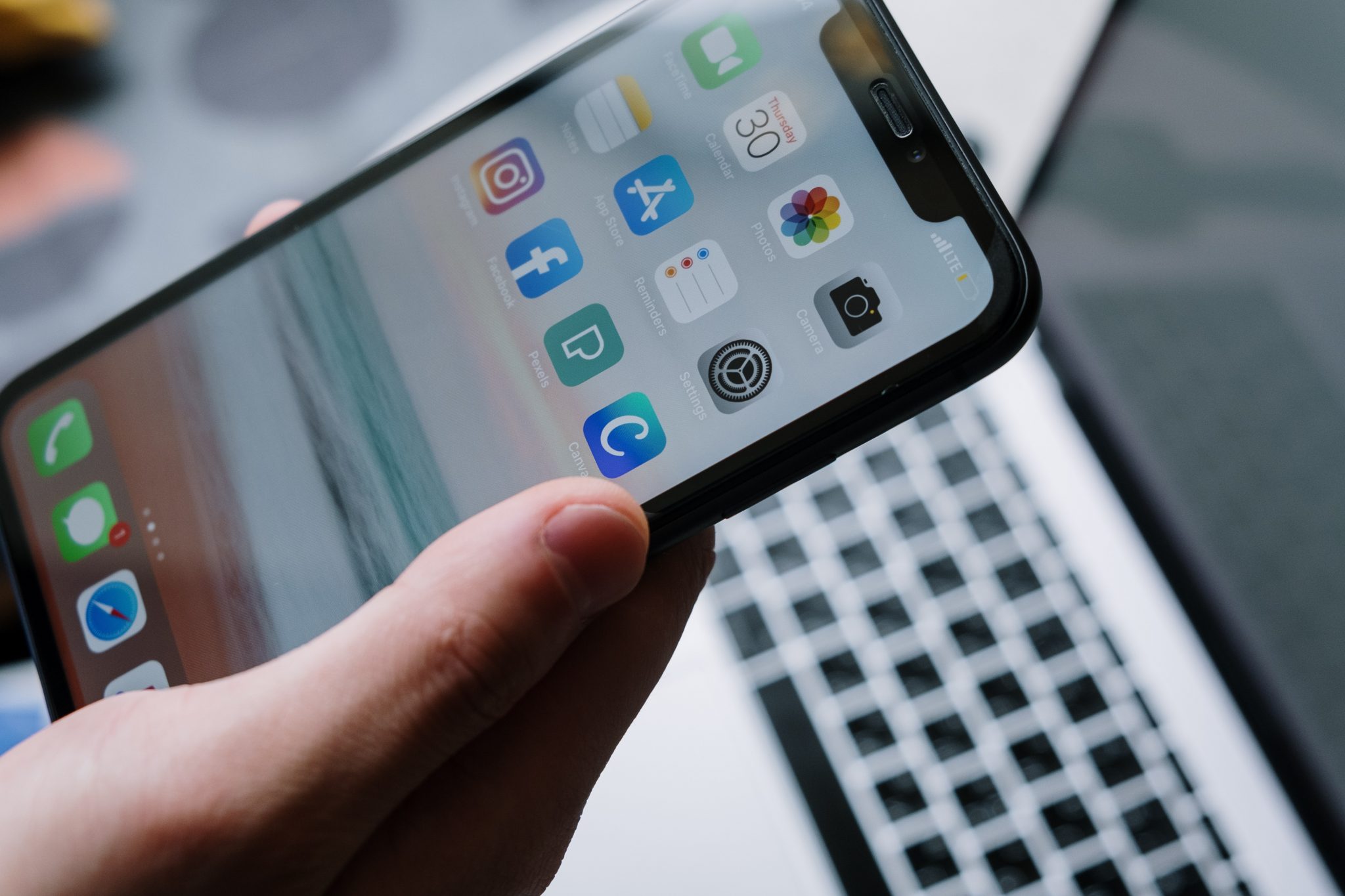It’s very common to change phone numbers from time to time. For example, if you move, you may want to get a number that is local to the area you just moved to. Also, many companies end up recycling mobile numbers throughout their staff as workers come and go.
It is easy to become a victim of identity theft, credit card fraud, and other financial crimes if you don’t detach your phone number from all of the accounts.
In a Princeton University study from 2021, it was found that 66% of phone numbers listed as available by major phone service providers were still connected to 1 or more accounts on popular sites (Amazon, PayPal, etc.).
It means that after the former owners had turned in the number, it was available for someone else to use to log into the cloud accounts of a former owner, allowing those accounts to easily be breached.
Princeton University study on the risk of recycling mobile numbers.
Because our numbers are connected so much to our online and offline life, it’s very important to take certain steps to ensure that you don’t leave yourself at risk when recycling phone numbers.
GO TO YOUR ONLINE ACCOUNTS AND CHANGE YOUR NUMBER
Most of us have more online accounts than we can remember, and the average person has about 100 passwords. Most of those passwords are from websites, cloud apps, or online services of some kind.
The first thing you should do is to visit your online accounts and update your mobile phone number. Many of the apps are using text messages as a form of verification when you’ve lost your password.
You want to ensure that any password reset message goes to you and not to someone that got your old phone number.
CHECK YOUR SOCIAL MEDIA ACCOUNTS
Technically, a social media account is also an online account, but many people prefer to think of them as something separate. When Facebook or LinkedIn account is compromised, hackers often use them to send phishing messages to your friend and colleagues to gain access to sensitive data or to scam them out of money.
CHANGE YOUR NUMBER FOR SERVICE PROVIDERS THAT SEND TEXT NOTIFICATIONS
Nowadays, text messaging slowly replacing emails. This includes shipping notices, confirmations of payments, notifications from utility companies, appointment reminders, and sale notices from retailers.
Also, make sure to reach out to offline service providers you use to ask them to update your information. These offline services could be a:
- Plumbing or HVAC company
- Dentist or doctor’s office
- Pharmacy
- Local retailer
- Utility company
DOUBLE-CHECK YOUR MULTI-FACTOR AUTHENTICATION
One of the biggest dangers of having a stranger receiving your text messages is that they can access your codes for multi-factor authentication (MFA).
MFA is designed as an extra layer of protection. It helps prevent account breaches, even if the perpetrator has your username and password. MFA is considered optional for many platforms which means that usually only accounts for important services are protected by it. If the criminal gets your MFA codes sent to your old number, they can lock you out of your own account by quickly getting in and changing your password.
As you go through the process of updating your phone number, double-check the MFA prompt for any service/app that use this form of authentication.
REVIEW YOUR MESSAGE HISTORY FOR ANYTHING YOU’VE MISSED
No doubt that there will be online accounts or service providers that you’ve missed. For example, there might be a place you always order flowers for your mom’s birthday every year but never visit at other times.
Scroll through your text message history and you’ll probably find many more accounts that you have forgotten to update.
HOW SECURE IS YOUR MOBILE DEVICE?
Mobile devices are increasingly being attacked with everything from phishing to advanced ransomware. Is your phone properly secured? Schedule a quick 10-15-minute chat with our experts, and ask more about your cybersecurity. Protect your personal data and identity, don’t leave yourself at risk.
EB Solution is a leading IT service provider in Toronto, Canada. We specialize in innovative, custom-designed cybersecurity solutions for small and medium-sized businesses.


